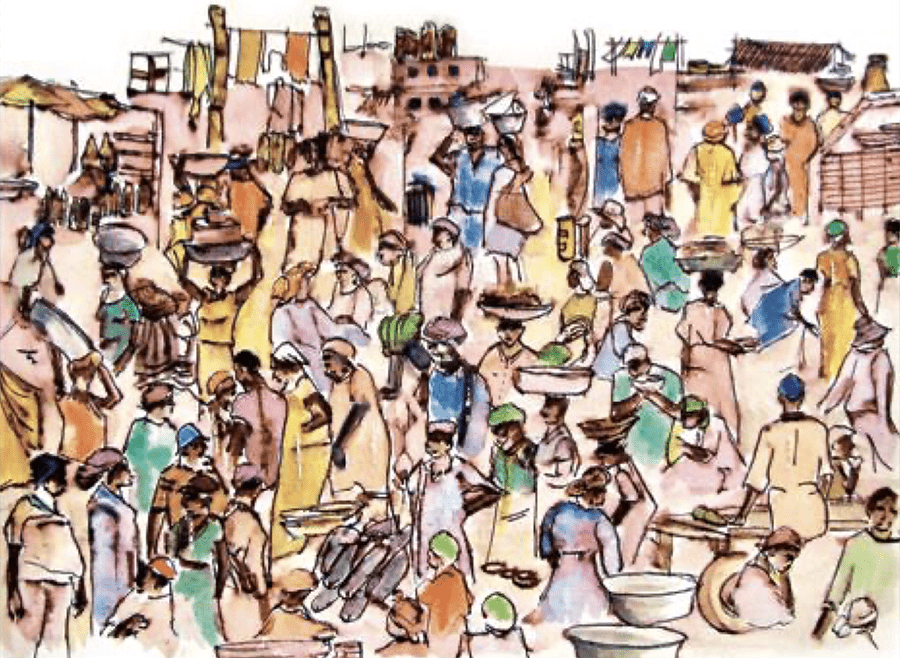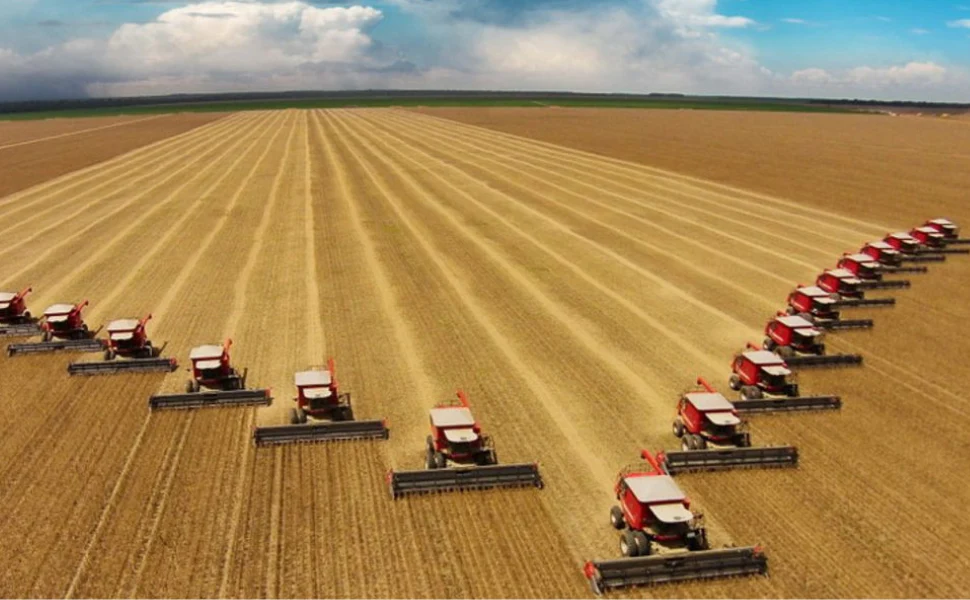Greenpeace criticises the massive use of pesticides in Europe, citing several problems related to their effects on the environment and public health. This study is closely linked to the European Union’s ongoing objective of doing everything possible to reduce the amount of pesticides it uses. However, a number of initiatives still need to be launched.
In terms of pesticide consumption, Italy, France, Spain and Germany reached dangerous levels within the European Union in 2021. These four countries are among the EU’s largest producers of agricultural goods and among the largest users of pesticides. The Greenpeace report highlights the need for action to reduce the use of pesticides in Europe. Even if efforts are being made at the European level, they still seem insufficient given the scale of the problem. It seems that a shift towards more sustainable farming methods, such as agroecology or organic farming, is needed. Among the defendants is glyphosate, the world’s best-selling herbicide. Classified as probably carcinogenic, this herbicide is better known under Monsanto’s Round Up brand name and is linked to some GMOs. It has encountered several resistance problems, particularly in the United States.
This implies not only changes in agricultural policies, but also a change in mentalities and consumption habits at the level of society. However, we must recognise the efforts of some European countries to limit the undesirable effects of pesticides. For example, after the Second World War, DDT was widely used as an insecticide to prevent the spread of diseases and protect crops across Europe. However, in 1962, it was banned, given its many dangers to the reduction of agricultural biodiversity, as well as to human health.




